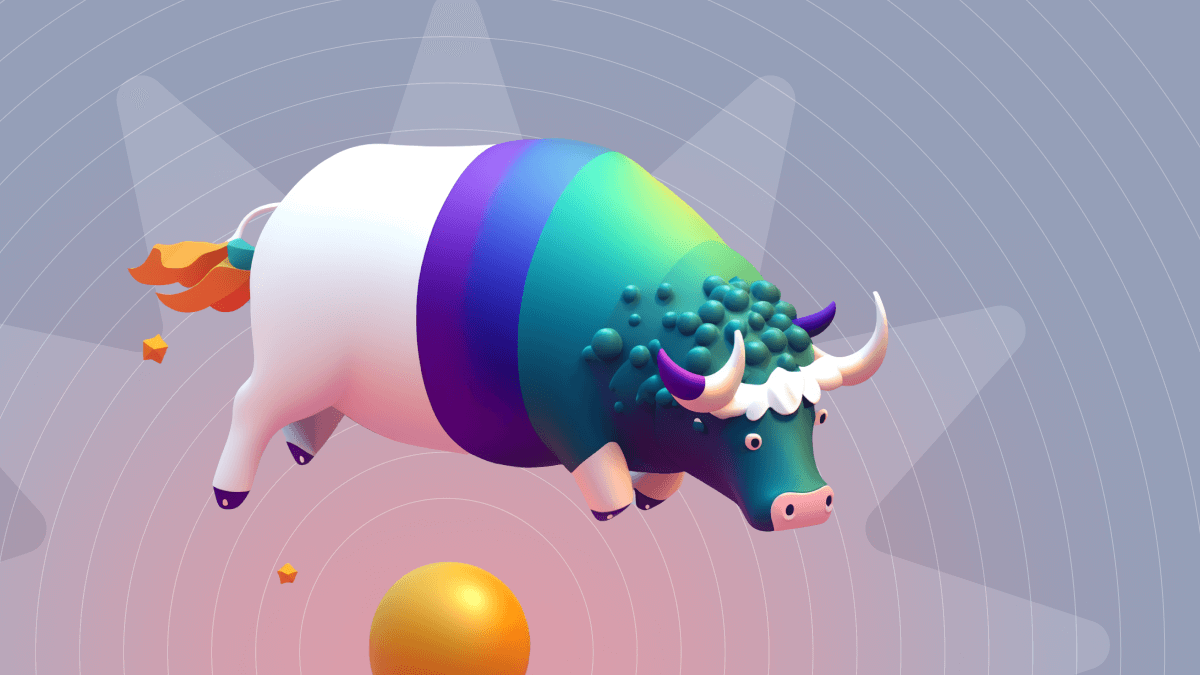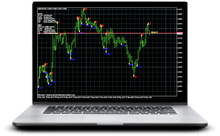Why Is Inflation So High? FBS Trade Experts Told

You may have noticed that the prices of your favorite products have recently increased quite a lot. The reason is the incredibly high rates of inflation impacting economies of countries all around the world.
In this article, we will learn what inflation is, why it happens, what consequences it can have for average consumers, and what caused the inflation in 2022.
Key Takeaways
- Inflation refers to the increase of prices of goods, which causes the population to buy less.
- Inflation can be caused by high demand for certain products, increase in material prices, currency devaluation, state policies and other circumstances.
- Low inflation can help the economy grow while high inflation reduces the purchasing power of consumers and can lead to economic recession.
- The current global inflation of 2022 happened due to the aftermath of the COVID-19 pandemic and the geopolitical crisis in Ukraine.
What is Inflation?
Inflation is an economic term used to describe a rise in the price of goods and services that causes the loss of purchasing power over time. Inflation is an important indicator as it shows how much the economy of a country has changed within a given period of time and whether or not the change in question affected the financial well-being of the country’s population.
Typically, inflation is expressed as a percentage demonstrating the rate of price increase within one year. Generally, inflation is calculated by a government agency that gathers the data about the current price of a certain basket of goods and services. This basket normally includes food, gas, clothing, medicine, energy, mortgage payments etc., but its contents may vary depending on the volatility of the price of a certain product. The agency collects the information about the prices every month and then divides the average cost of the basket of goods by the cost of the same basket from the previous month.
This year’s statistics show that in October 2022 100$ in the USA could buy the same basket of products as $92.81 in October 2021, indicating that the inflation has increased dramatically since last year.

Major Causes of Inflation
There are several major causes that can affect the rate of inflation.
- High demand, low supply. When the population’s demand for certain goods and services increases too much, the economy might not have enough of them in supply. This puts an upward pressure on prices, causing inflation. An example of this would be the US baby formula shortage of 2022 when the general increase in prices and supply chain issues caused the prices of this essential product to skyrocket.
- High cost, high price. When the costs of materials needed to produce the goods increase, so do the prices of these goods. For example, the 400% spike in the cost of lumber caused the prices of houses to rise as well, resulting in the current housing crisis dominating the US real estate market.
- Currency devaluation. When a country experiences currency devaluation, its exchange rate goes down, resulting in lower values for this currency. This is good news for other countries as buying the exports from this country is less expensive. But the population can no longer afford the goods imported from overseas, which encourages the citizens to buy domestic products.
- Increased money supply. When we talk about money supply, we mean the total amount of money circulating in the country, including cash, balances and bank accounts. If the money supply increases, it can lead to the shortage of products because the demand may overpower the supply of the goods.
- Rising wages. When wages rise, the cost of labor increases as well, meaning that businesses have to adjust the price of the products to preserve their revenue. Besides, rising wages mean that the purchasing power of the population increases as well, causing the demand for certain goods to skyrocket and the prices to increase due to the lack of supply.
- State policies. Sometimes the government passes policies and regulations that can cause the prices of the products to increase. Such policies can include tax subsidies and low interest rates, which causes consumers to buy more goods and drive up the prices.
Inflation: Benefits and Drawbacks
Inflation is not always bad. Low inflation rate (~2%) is actually a very good thing as it encourages people to buy more. There are several benefits to inflation:
- Economic growth. Inflation always happens when the economy of a country is on the rise. The increase in prices and wages helps businesses make more money, which drives the economy forwards and prolongs the period of economic prosperity.
- Wage adjustment. When the prices of goods go up, employees start to expect raises to battle the new expenses. The businesses have to adjust the wages of their staff to ensure they don’t leave for a higher wage. This also helps employers to encourage well-performing employees, creating a highly productive environment in their workplace.
- Price adjustment. When people get more disposable income, they tend to buy more. This gives businesses an opportunity to adjust the price of their goods to combat the increased demand and allows them to make higher quality products for the consumers.
- Reduces real value of debt. When the prices and wages go up, the debt that people already have loses in its value. Governments also often push incentives to lower interest rates, which helps their citizens to deal with their debt.
- Better than deflation. Deflation might occur when the value of the currency falls. This leads to the decrease in product prices because consumers may not be able to afford them otherwise. In the end, it may no longer be profitable to produce goods, which leads to an economic standstill.
However, when inflation is high, just like now, it creates a lot of problems.
- When the wages aren’t adjusted to the increase in prices, people have to use their disposable income and savings to buy essential products. This decreases their potential to save and invest money, which slows down the economic growth of a country.
- Higher inflation causes the prices of goods to increase. This makes the country’s products uncompetitive on the global market, which leads to fewer exports while the population of the country is struggling to afford these same goods.
- Inflation can reduce the value of government bonds, causing investors to demand more compensation. The only way to do it is to increase the debt interest for the citizens, cutting into their purchasing power even more.
- High inflation reduces real incomes of households, which only exacerbates income inequality and creates a bigger gap between the higher and lower income classes.
- Inflation is hard to combat, and the measures the governments decide to take can lead to short-term unemployment and even economic recession.

Why is Inflation So High Right Now?
|
Australia |
7.3% (highest since 1990) |
|
France |
5.8% (highest since 1985) |
|
Germany |
7.9% (highest since 1990) |
|
Italy |
8% (highest since 1986) |
|
UK |
9.4% (highest since 1982) |
|
USA |
9.1% (highest since 1981) |
The data from all over the world shows that this year’s inflation has reached a new record high for the first time since the 1980s. As you can see from the table, this time it spans across multiple countries all over the world. There are multiple reasons for this.
COVID-19
The pandemic caused utter chaos in 2020 and the good portion of 2021, and now the world is trying to deal with its economic consequences. The volatility in demand, factory shutdowns, disruption in supply chains, the increased money supply due to the accumulated savings of the population are now causing the prices of essential and non-essential goods to go up dramatically. Industries are experiencing severe lack of raw materials, causing delays in the production of goods.
Economic activity growth
After COVID-19, the economic sector is finally beginning to thrive again. The restrictions have eased, so the businesses have started working again, which pushed the demand and prices of materials higher.
Russo-Ukrainian war
The ongoing conflict has rattled the entire world, causing problems in the economies of the majority of countries. The reason is that Russia is one of the largest exporters of oil and gas, and the current European and US sanctions have caused the supply of global natural resources to deplete dramatically. What’s more, both countries are two of the world’s largest grain exporters. The war is causing disruptions in food supply and increase in prices despite countless attempts to mitigate the situation.
Conclusion
Even though inflation can have a positive effect on the economy, the current inflation is a very concerning phenomenon because it is caused by multiple factors outside the governments’ control. To stabilize the economy, the central banks can try to raise key rates. This may theoretically cause people and companies to borrow and spend less money, slowly bringing the prices of goods down. But without a solution to the natural resources crisis, the global economy may go into another recession.
FAQ
How bad is inflation right now?
In 2022, inflation has reached a new record since the 1980s. In the USA, the current inflation rate is 9.1%, the highest it’s been since 1981.
Why is inflation happening?
The reasons inflation is happening right now are the problems with production and supply of goods after the pandemic of COVID-19, the high demand for products after the pandemic and the on-going war between Russia and Ukraine.
What is causing inflation?
Inflation occurs when the prices of goods and services rise, making it harder for consumers to buy as many products as they used to. Currently, inflation is happening due to the delays in production of goods and the lack of natural resources on the global market.




